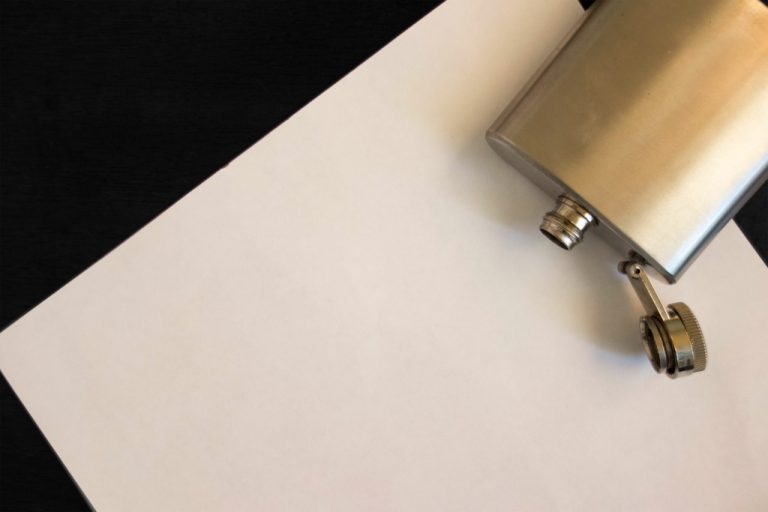Self-compassion involves treating oneself with understanding and care, just as one would treat a close friend who is suffering. It acknowledges that everyone makes mistakes and experiences difficulties in life. Self-care encompasses activities that people engage in to take care of their physical, emotional, and mental health wellbeing. Regular self-care practices can improve mood, well-being, reduce stress levels, and prevent burnout.
- When you acknowledge your emotions and avoid escaping through drugs or alcohol, you can get to a place of healing.
- Substance abuse is one way people achieve this, even if it’s for just a short time.
- Review what you believe is
right and wrong to solidify your value system.
Normality was examined for the variables of interest (shame, guilt, stimulant use, alcohol use to intoxication, other drug use, and injection drug use) to determine type of distribution and estimation used. Given that all substance use variables were counts (number of days used in the past 30 days), maximum likelihood estimation with robust standard errors and Monte Carlo integration was used. Poisson, negative binomial, zero-inflated Poisson, and zero-inflated negative binomial models were estimated time period by time period and fit indices compared (AIC, SBC) to determine the best fitting distribution.
The Role of Shame and Guilt in Addiction Recovery
We examined shame and guilt separately given the literature indicating their unique psychological experiences [5], behavioral sequelae [6, 10, 11], as well as their differential associations with addiction-related behaviors [16–18]. Then, we determined whether positive emotions buffered, or moderated, these relationships. We hypothesized that higher levels of shame would perpetuate substance use, and that continued substance use would, in turn, potentiate higher levels of shame.
Life can be amazing, just keep progressing and make adjustments along the way. A body scan meditation method encourages self-awareness and acceptance by mentally scanning yourself from head to toe for any sensations, whether it’s tension, comfort, or pain. Dwelling on the past will only keep you depressed and unable
to enjoy your present life. The self-handicapping paper found that athletes who were more prone to shame were more likely to self-handicap, while those who were more prone to guilt were actually less likely to self-handicap. Another study examined the role of self-handicapping in athletes (Hofseth et al., 2015). Self-handicapping is when someone sabotages their preparation for a performance they are nervous about, so they can blame their performance on the preparation.
The role of shame and guilt in addiction recovery and beyond
This explains why they are often conflated, a problem that is not helped by the fact that one can, of course, feel shame and guilt at the same time. For support with addiction recovery, reach out to our team at Action Rehab. We are armed with skills and services to ease your addiction recovery journey. Shame can also influence mental health issues, such as depression and paranoia. It can reduce self-worth, it can influence distance and separation, and it can change personalities within an instance.

Therapists can help with cognitive reframing, processing emotions and developing healthy coping strategies. As a result of this obsession and compulsion, the addict
often does things that cause them guilt and shame. The addict relieves the pain
of guilt and shame guilt and shame in recovery by using more of their drug of choice. When the addict
begins the recovery process, these feelings of guilt and shame return. The
addict is flooded with memories of the mistakes they made, the people they hurt
and all the things they wish they could undo.
Create things in your life that you are proud of
This support system can play an essential role in helping individuals stay sober and cope with any challenges that arise. Often, individuals struggling with addiction feel shame and guilt for their actions in the past. However, it is essential to acknowledge that their actions do not define them entirely. Practicing self-forgiveness allows individuals to move beyond their past by acknowledging their mistakes without condemning themselves.
He interviews people within psychology, mental health, and well-being on his YouTube channel, The DRH Show. Spend some time thinking seriously about how your actions or inaction have harmed the person. When you take responsibility for your actions you may feel more shame at the moment, but that feeling of shame will be replaced with a feeling of self-respect and of genuine pride (as opposed to false pride). Unfortunately, becoming a parent creates all three of these circumstances for someone who was abused in childhood. First-time parenthood, in particular, is stressful and almost always triggers memories of our own childhood traumas. The good news is that you can resolve to change your behavior and forgive yourself at the same time.
Understanding Shame and Guilt in Addiction Recovery
Still, one might feel guilt and shame after apologizing, and it is important to know how to reduce these feelings. This is often done through self-forgiveness, especially when one does not receive forgiveness from the person they have wronged. The best way to fix feelings of shame or guilt, as evidenced by the desire to repair expressed by guilty (and to a lesser extent, shameful) people, is to right the wrong that has led to guilt or shame.

